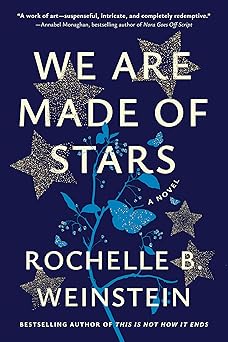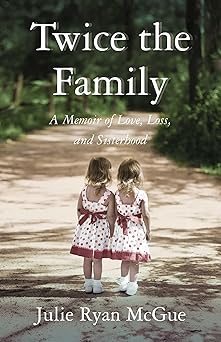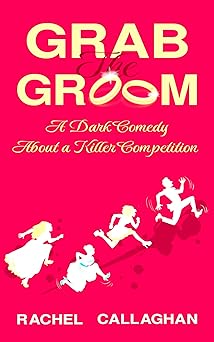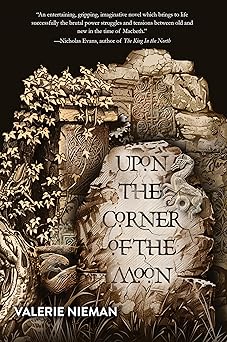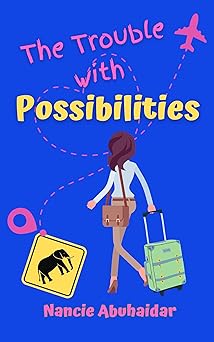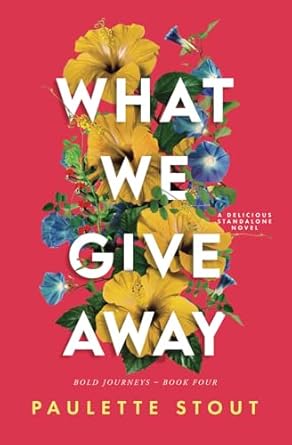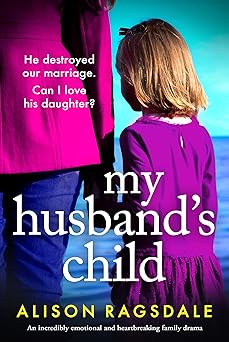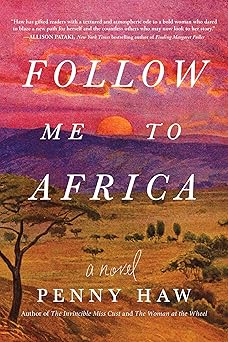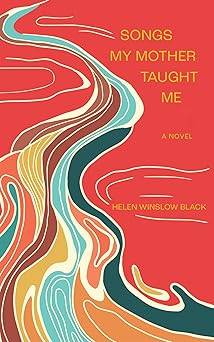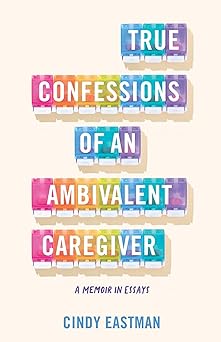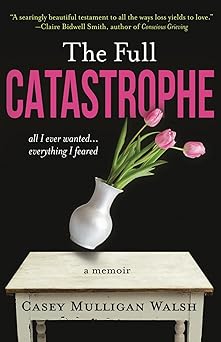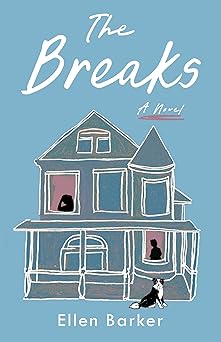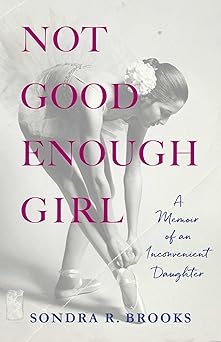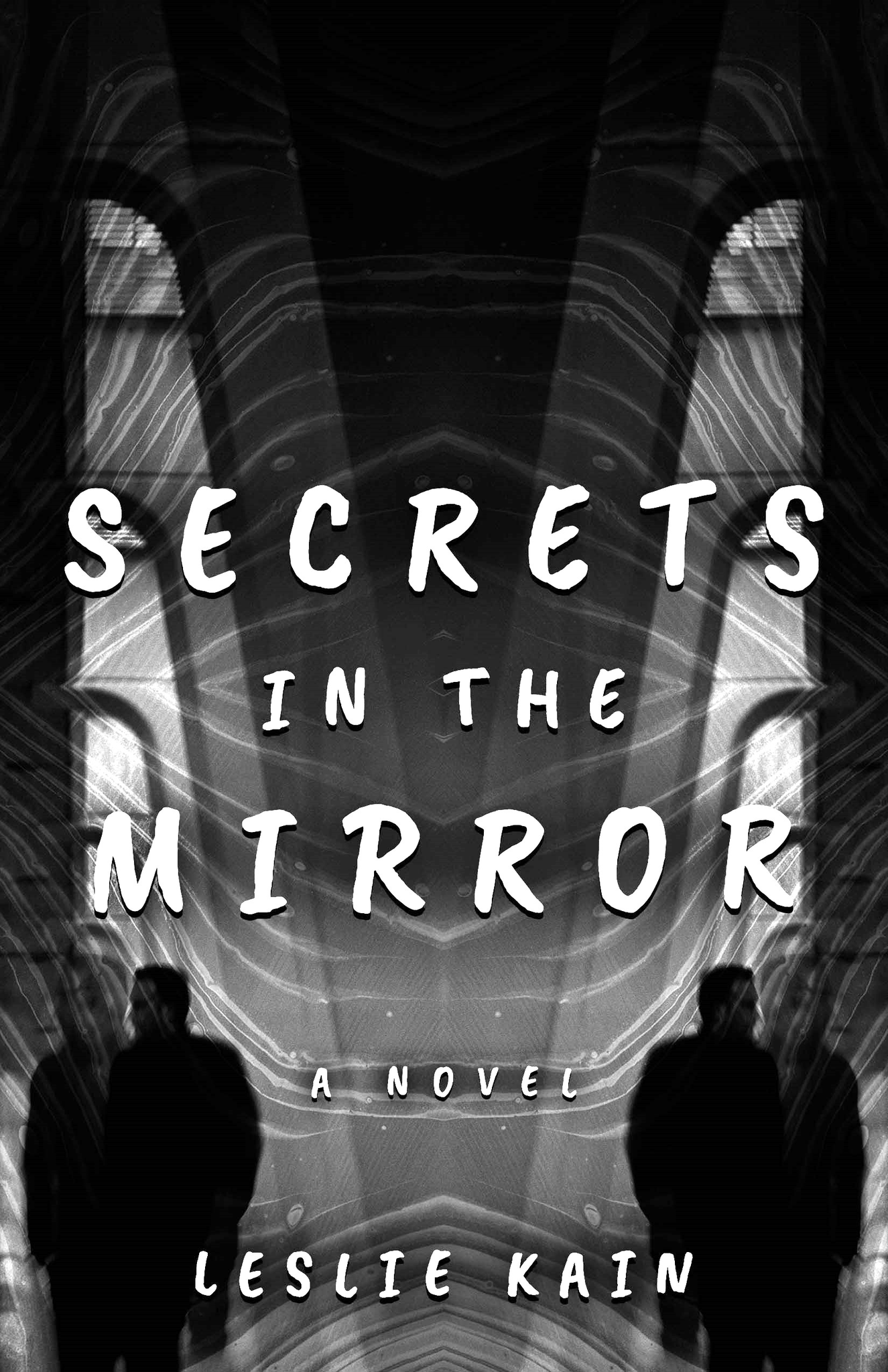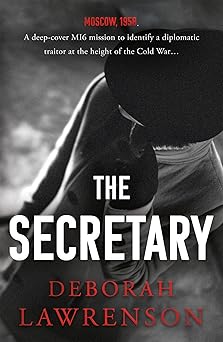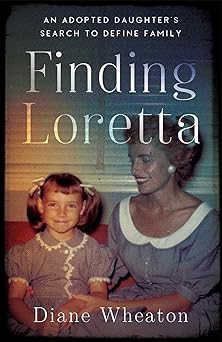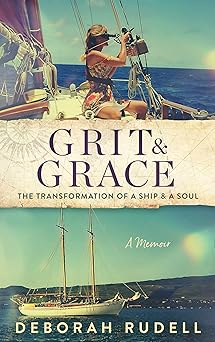Making it Work: How to Publish a Book When You’re in the Throes of Grief
By Cindy Eastman
My second book was published in September of 2024. Finally. It was a long time coming and the topic was part of the reason for the delay in publishing my second book: it is a memoir in essays about my experience taking care of my dad for the last four years of his life. Once he moved into our home, any fantasy I had of ramping up my writing career by following up my first book with a second quickly fizzled in the reality of 24/7 vigilance for a beloved parent who resented having his eldest daughter care for him.
I once said that being a caregiver was the hardest thing I had done in my life. And it was, until six months after my dad died and my daughter Annie was diagnosed with breast cancer at 40 years old. The first year after her diagnosis—which wasn’t a great one to begin with–Stage 2 Triple Negative—was a tumultuous year of hits and misses as far as her treatment was concerned. The planned lumpectomy turned into a double mastectomy two weeks before the surgery. One of the chemos caused a rash, so they took her off of it and tried another. Two years later, her new doctor mused that they shouldn’t have done that…they should have pursued the initial chemo once her symptoms had resolved. But there’s no “should have” in cancer. There is only now and if one’s now has run out of options, then there’s only hospice left. Unless you die before you even have a minute to consider it. Which Annie did on April 2, 2024.
If you’ve ever published a book, you know that advance planning begins up to a year once you have a “pub date.” You always wonder if you’re doing enough to get it out there. However, anything having to do with getting ready to peddle my book was off the table for several months as we gathered as a family to navigate the profound loss we had just experienced.
But as the September pub date loomed, Annie’s voice was in my ear: “don’t blame me for not getting your book out there! Do something!” And it was a legit command —she’d be horrified if I abandoned the work of promoting my book “because of her.” Annie would have led the charge in contacting bookstores, emailing potential reviewers, finding a venue for a launch, creating a tasty menu. Ordering swag. Without her, my book felt like an afterthought, except for her voice in my head. She was always so happy for me, for writing my books, I couldn’t let her down and do nothing.
But, grief is real. It’s not like I could put it off for when it was more convenient…it just doesn’t work that way. There were times when I should have been more motivated to seek out people who would review the book or even mention it. Some days were better than others. I didn’t feel great about it, but I felt like I was doing the best I could. (Fortunately I was lucky to have the services of a conscientious publicist who covered all the tasks I should have had on my plate. She connected me with this site and Barbara, and many other outlets, the doors of which I never could have opened on my own.)
One time, when I was staying with my grandson, Luca, while his dad was traveling for work, he immediately expressed missing his dad, probably before he had driven across the state line. I try not to read too much into his feelings—his dad has traveled all Luca’s life, and he always misses him when he’s gone—sometimes it’s barely noticeable and sometimes it’s all tears and sadness. This was one of those latter times. I could tell he was holding something back and when I asked, he caved—“I miss Dad…” he said, his eyes brimming. He had just returned home from sledding and hanging out at a friend’s house, so I suggested a nice warm bath while I made him some food—leftover pizza. A couple of comfort strategies to help him with his unhappiness.
And it did help—until about 5:30 the next morning, when he sleepily sought me out, teary again from thinking about how long it would be until his dad returned. I rubbed his back and said, “Don’t worry…we’ll make this work.” Luca wasn’t convinced. “How?” he insisted. I had to think about it for a minute because I wasn’t really sure how except that I would do whatever it took. So I told him we were going to make it work by doing the stuff we had planned…soccer practice, Taco Tuesday, school. Maybe cleaning up his room a little. Luca just grunted in response. I said, “making it work doesn’t mean you’re not still sad about Dad not being here or that you don’t still miss him. It means we will move forward as best we can, doing as much as we can together.”
When I thought about it, I think that’s how I handled my book getting published in the middle of the actual hardest thing I’ve ever had to do in my life. I did the stuff I had planned (interviews, wrote additional essays on caregiving, emailed my two indie bookstores, held a launch at the library) and any other stuff I got to–or not. I accepted help from others, mostly my incredibly loving and supportive family and I allowed myself to not wear my promoter’s hat when the days were too heavy with grief.
I don’t believe that working on promoting a book—never an author’s favorite task anyway—was in anyway being disrespectful to Annie’s loss. I could do both things…like Luca—going to soccer practice and missing his dad—in much the same way we are asked to do most things in life. Was it my best effort? No, not even a little bit. But I did my best and I think Annie would be proud of me.
And that’s enough.
—
Cindy Eastman is a writer and an educator.
Her career has taken a wide and diverse route from introducing computer skills to elementary schoolchildren, teaching freshman English as an adjunct at a community college to facilitating a writing course for seniors for the Osher Lifelong Learning Institute. In her weekly essay on Substack called Silver Linings, she discusses getting older with a sense of humor–a must!
Eastman makes her home in Connecticut with her husband, Angelo. Her second collection of essays, “True Confessions of an Ambivalent Caregiver” was published by She Writes Press in Sept. 2024 and she is submitting an anthology on grief to publishers. She can be found writing or teaching unless she gets to spend time with her grandkids. Then all bets are off.
True Confessions of an Ambivalent Caregiver: A Memoir in Essays
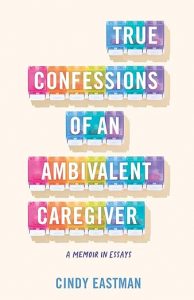 Written for caregivers of parents and spouses, this funny but brutally honest collection of essays from award-winning author Eastman challenges the romanticized notion of caregiving, portraying it as an elegant conflict that reshapes family dynamics.
Written for caregivers of parents and spouses, this funny but brutally honest collection of essays from award-winning author Eastman challenges the romanticized notion of caregiving, portraying it as an elegant conflict that reshapes family dynamics.
At first grateful to be able remodel the dining room of her family’s modest home in Connecticut to accommodate her eighty-six-year-old father for what everyone felt would be a short duration of care, Cindy Eastman ultimately experienced a whole gamut of feelings over the course of what turned out to be four years of caring for her dying dad. Caregiving impacts everyone, and this account—told in essays recorded before, during, and after the time Eastman’s father was with her—details that impact, not just on the primary caregiver but also the rest of the family.
One of the reasons Eastman committed to writing down her experiences was because she predicted that once her dad died, there would be a tendency to soften or even deny any of the negative and challenging times—and there were many.
As of 2020, more than 53 million adults provide homecare in this country, and the reality of that arrangement is different for every family. It is not, as some might suggest, a “noble gesture” but rather an elegant conflict—an intricate reassembling of the family dynamic that many people don’t ever see coming. In these candid, often poignant essays, Cindy Eastman brings all the emotions of taking on the challenging responsibility of caregiving a parent at the end of their life to the surface.
BUY HERE
Category: How To and Tips




